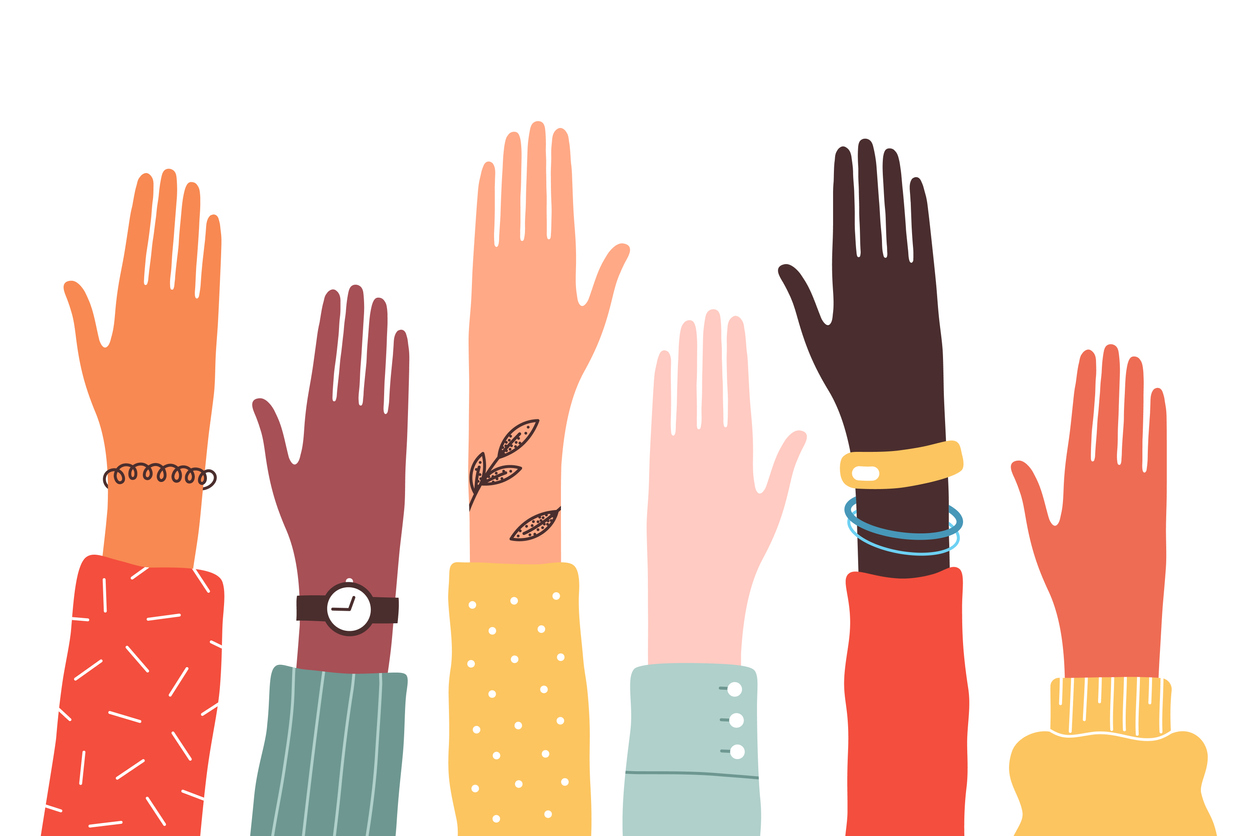
Inhabitants modifications in the USA are pushing the nation to what some have referred to as the “majority minority” milestone — the second when, collectively, minorities will change into a majority.
As a Puerto Rican who 16 years in the past left the island to maneuver to the U.S. with my husband and kids, the upcoming milestone feels private to me.
The day we moved, and for the primary time in my life, I turned a part of a minority group. I immediately went from feeling I knew everybody round me, to not recognizing a single particular person in my new neighborhood; from residing amongst individuals who talked and lived life in ways in which have been acquainted to me to creating new buddies utilizing a overseas language amongst individuals who had a cultural background completely different than my very own.
This uprooting expertise modified me — it additionally remodeled me to be extra cognizant of how people who find themselves from minority teams can generally really feel neglected, disconnected.
Since shifting to the U.S., so much has modified in public relations, significantly as business developments transfer us towards extra fairness and inclusion for racial, ethnic and different teams, together with the LGBTQ+ group. What follows are among the learnings gleaned from my private journey and my expertise working in well being take care of greater than a decade.
DE&I ought to be on the core of each initiative, by no means an afterthought
Previously, campaigns for so-called “minorities,” have been principally translated items, not campaigns created to succeed in a sure inhabitants. Lately although, the well being care house has modified for the higher. Shoppers expect us to incorporate everybody in campaigns which might be culturally applicable and respectful of all the audiences.
As founding co-chair of Coyne PR’s DE&I Committee, I take pleasure in serving to shoppers obtain this purpose. A part of that work contains encouraging colleagues to have cultural humility, an idea that goes past cultural competency. Whereas cultural competence is the flexibility to interact knowledgeably with folks throughout cultures, cultural humility requires extra of us. It’s a technique of self-reflection about our personal biases and a place to begin to an ongoing curiosity that pushes us to study one another, our cultural nuances, and a recognition of our intersecting identities.
Let’s speak with one another, not to one another
Partnering with and listening to individuals who have various backgrounds is necessary. This variety permits for the co-creation of campaigns—to ensure we speak with and never to one another. That is significantly necessary in terms of affected person communities and the advocacy teams who signify them. Inserting their wants on the middle of any marketing campaign ensures messaging is impactful and genuine.
Whereas some could instantly wish to leap over this step and go straight to “educating sufferers” a few illness state or path to care, for instance, we counsel shoppers about how campaigns ought to be a two-way road. Earlier than we educate sufferers, we should first take the time to coach ourselves on the wants and cultural nuances of the affected person communities we’re constructing relationships with. Moreover, it’s necessary to make sure variety is pulled by so everybody feels included, seen and acknowledged.
Be daring and be sure you embrace all
Campaigns have to push the envelope to interrupt by and enhance well being outcomes. Whereas the established order could seem the “secure manner” to go, it is not going to drive modifications in outcomes — and received’t assist construct significant, long-lasting, genuine relationships together with your audiences.
There’s a Spanish proverb that’s becoming: “De los cobardes no se ha escrito nada” (nothing has ever been written of cowards). We now have to decide on to be courageous, daring and distinctive in our strategy if we’re to make a distinction. Historically underserved affected person communities deserve this.
Errors can be made. That ought to not cease us from attempting to do higher.
Constructing a extra inclusive society is a piece in progress. Whereas it might probably generally be tough to navigate these uncharted waters, we can not surrender or really feel disheartened when issues don’t go precisely as deliberate. When a mistake is made, it’s necessary to acknowledge it instantly.
Audiences might be understanding when there’s a misstep, significantly when an genuine effort is made to appropriate it. The bottom line is to be clear and forthcoming.
In my expertise, underserved communities recognize issues are altering for the higher and acknowledge that constructing the trail to fairness could generally require course-correction. In addition they expect us to do higher, and it’s as much as all of us to make that occur.
Dina Albanese is vp & co-chair DE&I committee at Coyne PR, a Worldcom Public Relations company.
COMMENT





